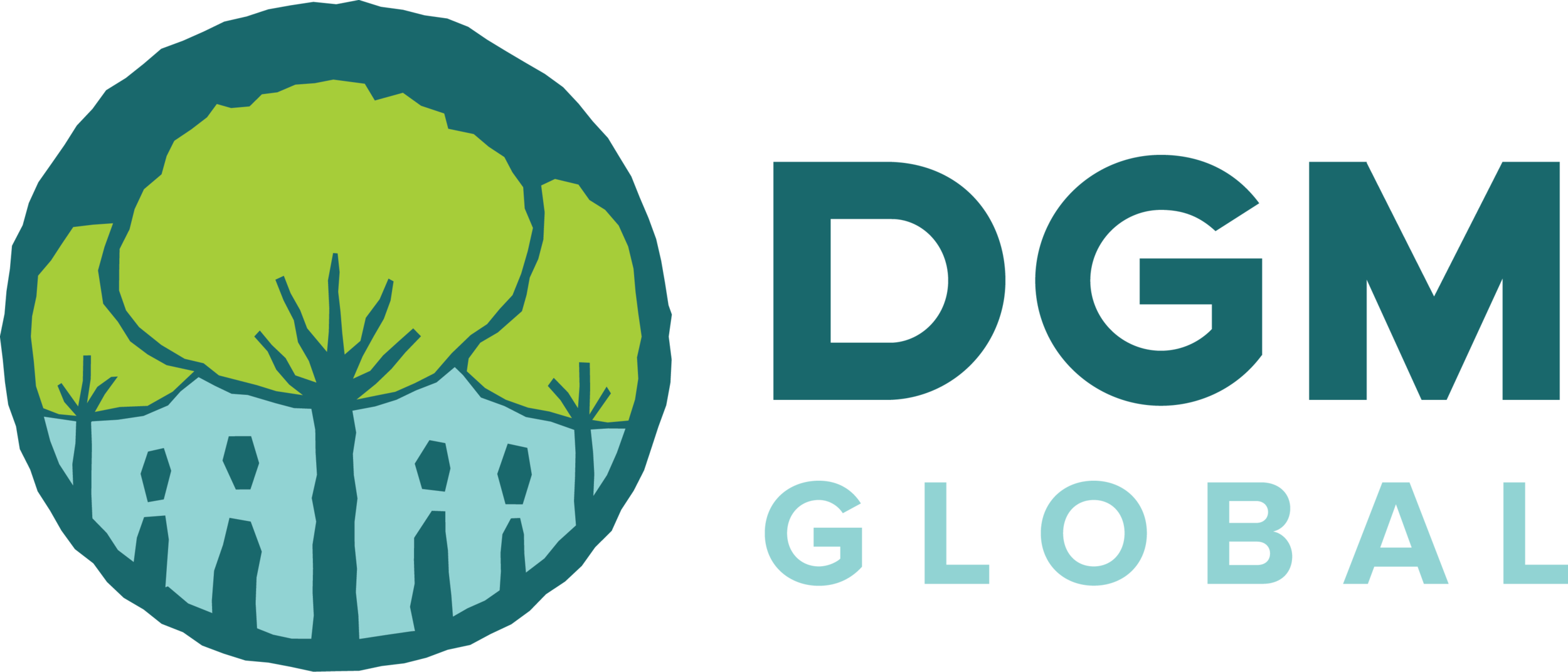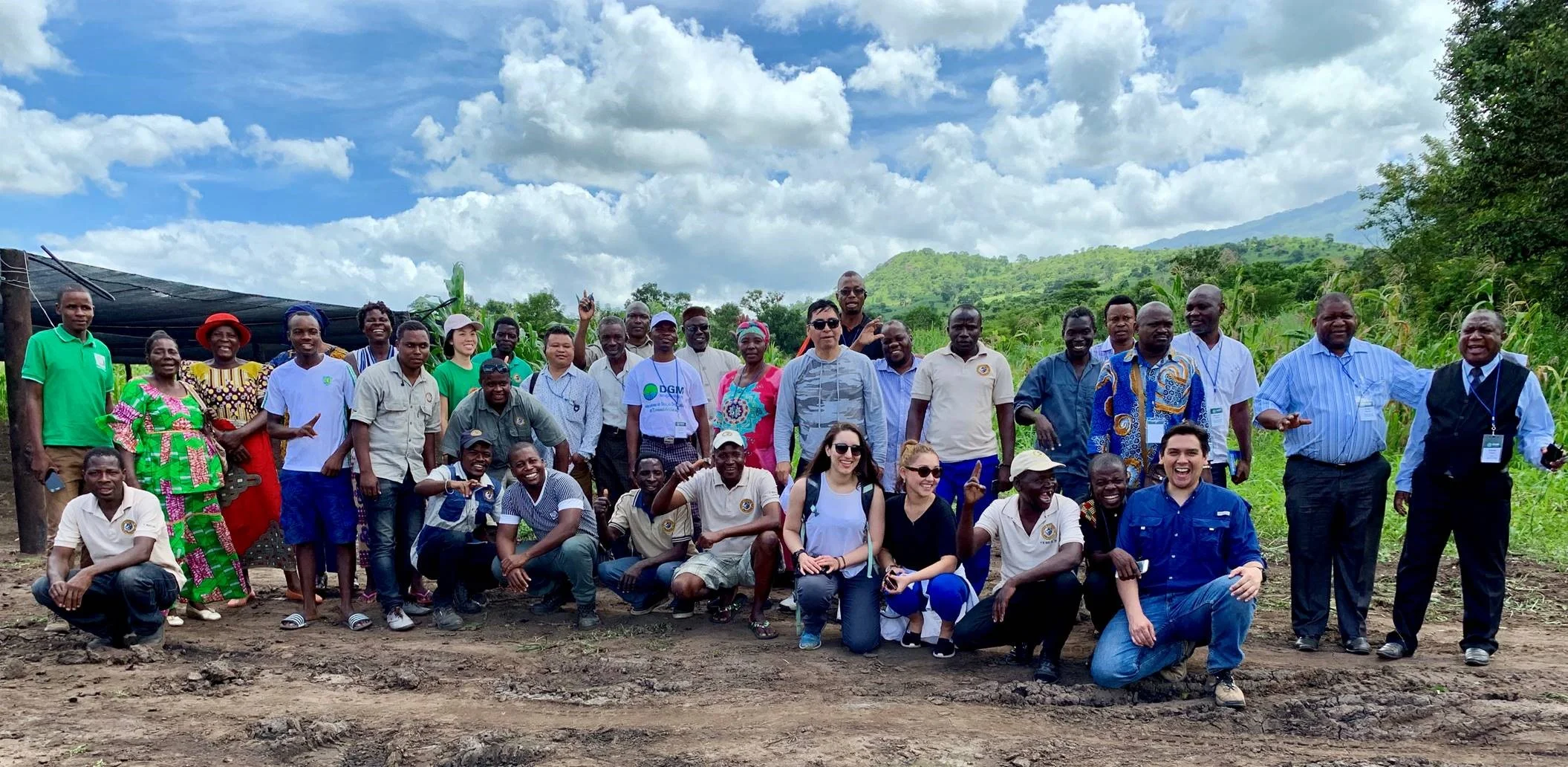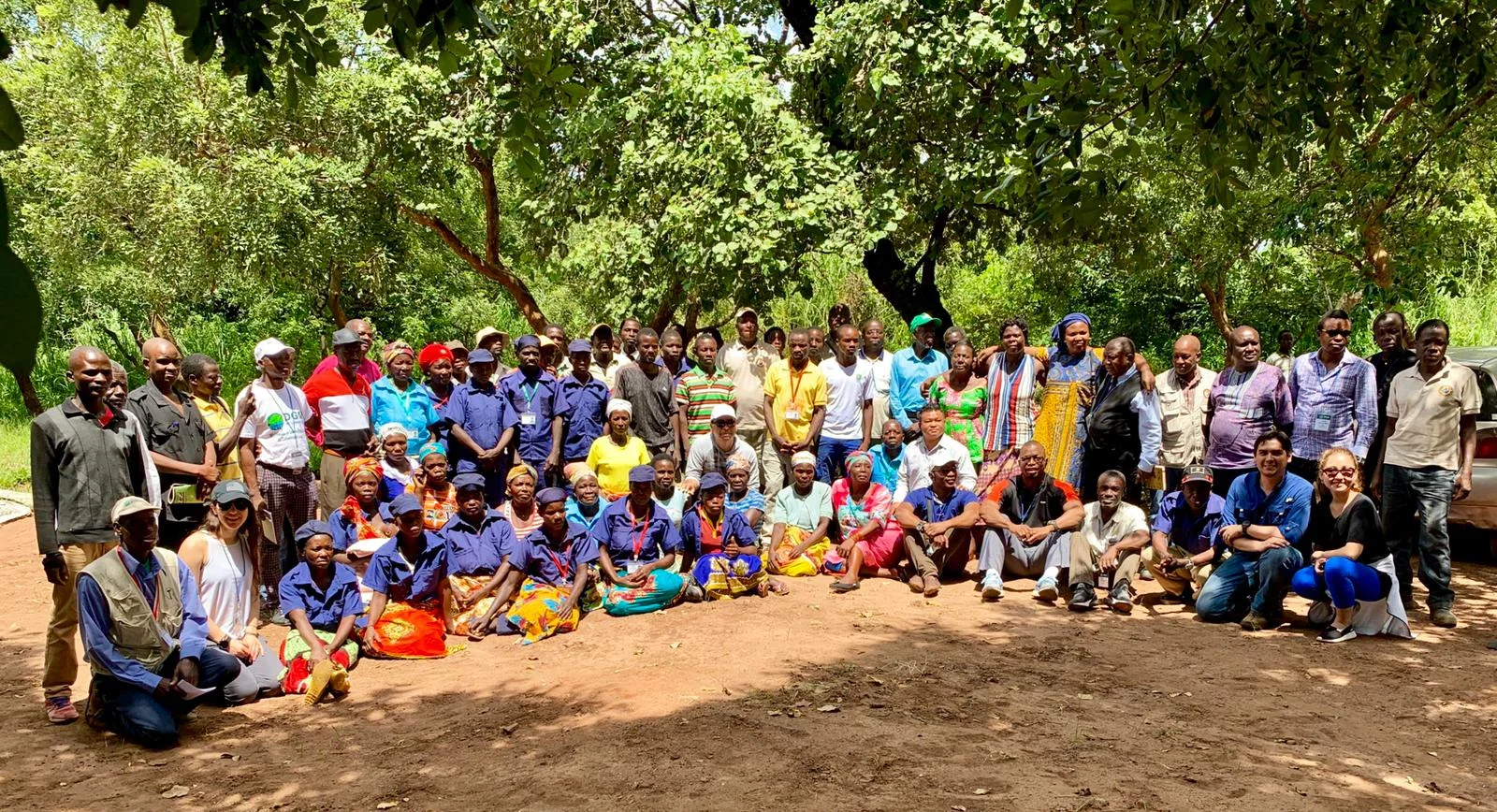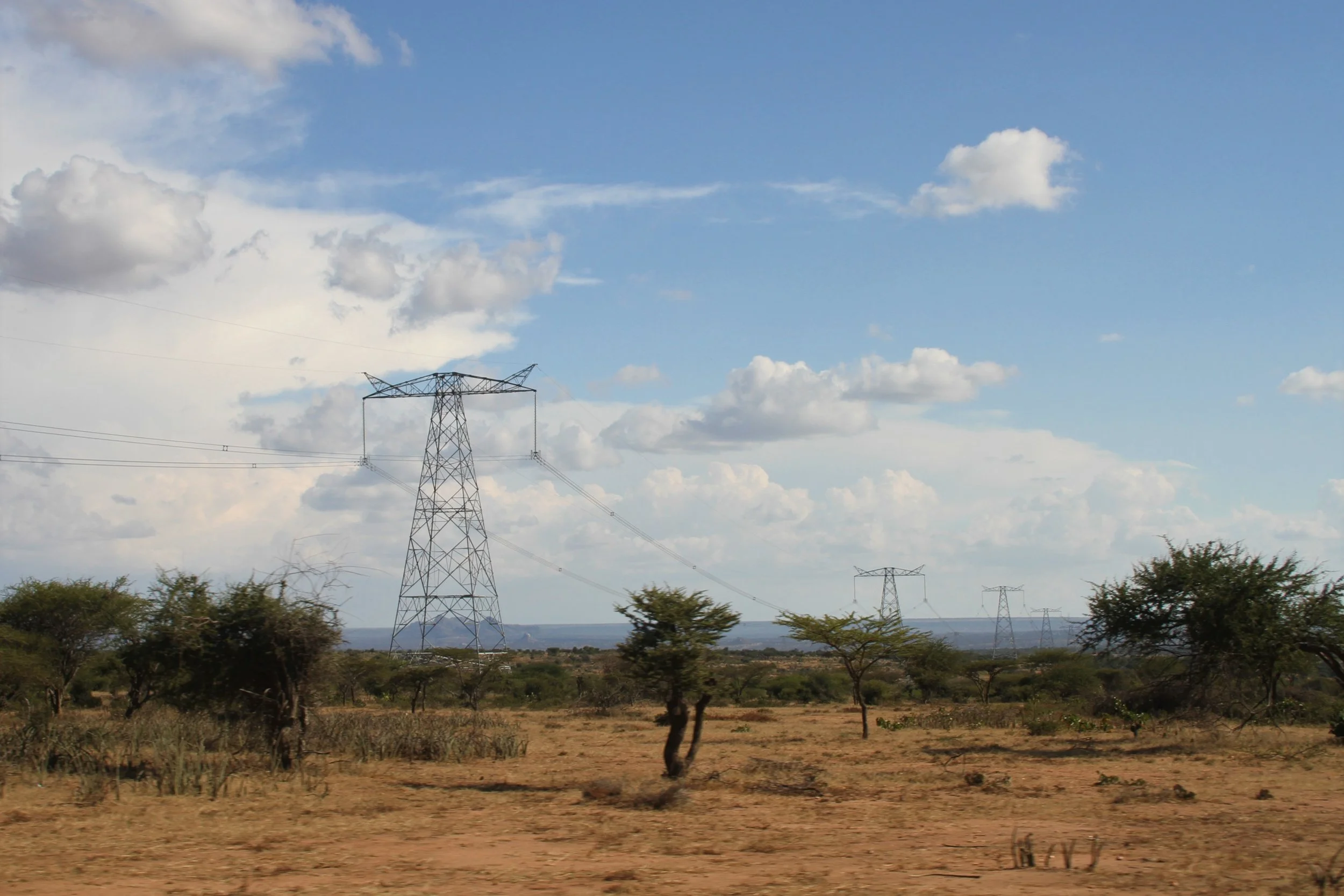In Mozambique, majority of people live in rural areas and their livelihood relies heavily on the country’s substantial natural capital. Forests, wildlife and agriculture contribute significantly to the income and food supply of rural communities. Ensuring the sustainability and resilience of the natural resource base while ensuring communities benefit from those resources is critical for rural development. To accomplish this goal, the Mozambique Dedicated Grant Mechanism for Local Communities project (MozDGM) is employing a value chain development approach.
Read MoreThe initiatives of the Cerrado peoples supported by DGM Brazil participated in workshops for the preparation and adaptation of projects in Montes Claros, Cuiabá and Brasília during the second half of 2018. The activities were designed to empower the leaders of each initiative in SIGCAA when they were submitted to the system
Read MoreOn February 14 and 15 in Brasilia, Brazil (DF), Indigenous, quilombolas and traditional communities representatives of the National Steering Committee (CGN) of DGM Brasil got together for the 6th ordinary meeting.
Read MoreIn February 2019, Mozambique signed one of the first Emission Reduction Payment Agreements (ERPA) with the Carbon Fund of the Forest Carbon Partnership Facility (FCPF), unlocking $50 million to support the country’s ongoing efforts to reduce carbon emissions from its forest sector. This milestone is part of a joint effort supported by the World Bank through the Integrated Landscape Management (ILM) Portfolio. In terms of program integration and harmonizing multilateral investment, Mozambique seems to be a unique example worth understanding.
Read MoreWe join the global community in sending our thoughts and prayers to the people of the Mozambique and its neighboring countries of Zimbabwe and Malawi, as they were struck by Cyclone Idai last week, displaced separating families and leaving unmeasurable damage in its wake.
Read MoreIn the summer of 2018, Conservation International (CI) held a weeklong workshop on Indigenous negotiation training and exchange with partners in Laikipia County, Kenya. Read Part Two here.
Read MoreThe United Nations has declared 2019 as the International Year of Indigenous Languages. The potential loss of these languages poses a further risk to the cultures and traditional knowledge systems tied to them. Indigenous peoples are critical partners for forest management and climate action, and their languages must be preserved.
Read MoreIn the summer of 2018, Conservation International (CI) held a weeklong workshop on Indigenous negotiation training and exchange with partners in Laikipia County, Kenya. Read Part One here.
Read More







